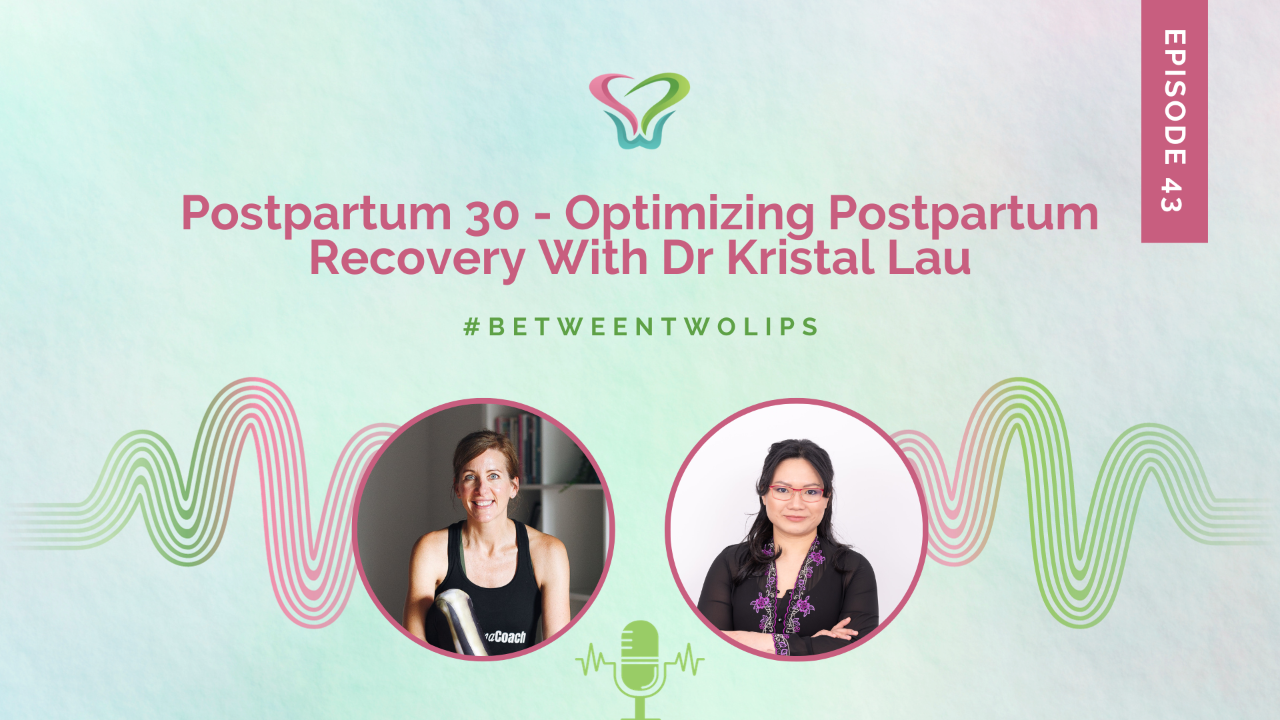Dr. Kristal Lau, a Physician-turned-Postpartum Wellness Consultant, is the author of ‘Postpartum 30’. Kristal brings over 10 years of combined experience and knowledge in clinical medicine, scientific research, and public health including her personal experiences as an Asian expat in the West, a ...
Tracy MacNeal is an engineer, healthcare entrepreneur and medical technology investor. She previously served as President of Diagnostics and Digital Health for Ximedica, after serving in Chief Strategy Officer and Chief Financial Officer roles at two successful medical technology companies. Addit...
Founder & CEO of Cosm Medical and inspired to launch Cosm because of his grandmother's health. Previously launched 8+ medical devices in urology/gynecology/cardiology/gastroenterology including the most utilized urodynamics system in the world.
Connect with Derek at the following links:
WEBSI...
Since beginning in early 2020, Tiffany Broadway, the force behind the Pelvic Awareness Project, and her amazing team have been diligently working to meet our goal of helping more than one million women with pelvic floor disorders by 2025.
To do this, we have collaborated with critical partners, ...
Kylie is a clinical dietitian specializing in plastic surgery. She has worked for over a decade in the post surgical field in Boston, Massachusetts where she honed her skills on using strategic nutrition to heal faster from surgery. Kylie took these valuable skills to create Sulinu, the first ...
Dr. Karyn Eilber is a urogynecologist who practices at Cedars Sinai in Los Angeles. She has published multiple peer-reviewed manuscripts and presented her research at numerous national conferences. Her research focuses on female sexual health and is passionate about empowering women with knowle...
SUZI ZOBRIST (she/her)
Sacred Pelvic Care + Ceremonial Bodywork
Suzi is a Womb Wisdom Keeper, Pelvic Care Practitioner, Sexological Bodyworker, & Yoga Teacher.
Suzi was initiated into Womb Healing Work after suddenly losing her womb to ovarian cancer at age 30. After a radical hysterect...
Dr. Sinéad Dufour is an Associate Clinical Professor in the Faculty of Health Science at McMaster University. She teaches and conducts research in the Schools of Medicine, Nursing and Rehabilitation Science. She completed her MScPT at McMaster University (2003), her PhD in Health and Rehabilita...
Jessica McKinney, PT, DSc, MS
Jessica McKinney is an experienced founder, clinician, and digital health/FemTech executive with expertise in women’s, maternal, and pelvic health. Dr. McKinney is a rehabilitation professional who has dedicated her career to building healthcare capacity, specifical...
Rebekah Rotstein is an industry leader for Pilates, bone health and movement education. She is the founder of Buff Bones®, a medically-endorsed exercise system for bone and joint health with on-demand classes and trained instructors in more than 30 countries. A former ballet dancer, Rebekah also ...












